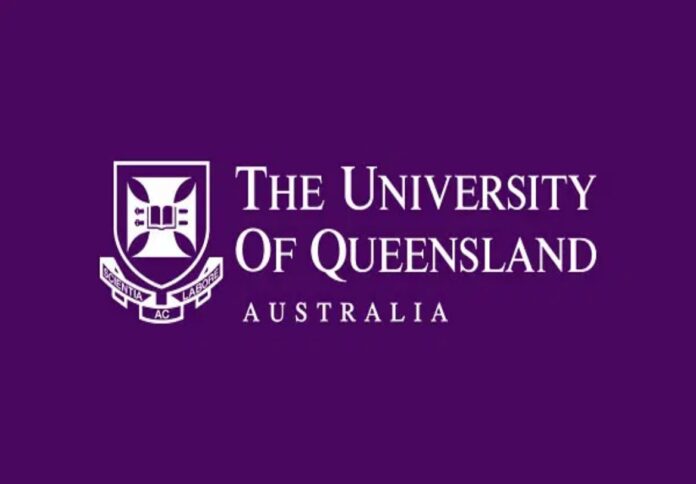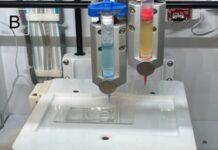
Researchers at the University of Queensland (UQ) have identified a novel drug target that could potentially overcome drug resistance in cancer patients, thereby preventing tumour regrowth.
Associate Professor Helmut Schaider, affiliated with UQ’s Frazer Institute, has led this breakthrough discovery, identifying a novel molecule not currently targeted in cancer treatment. This finding has opened the door to potential drug development efforts.
Dr Schaider emphasised the critical importance of addressing drug resistance in cancer, which is a leading cause of death among cancer patients.
For instance, nearly half of lung cancer patients succumb to the disease due to tumour regrowth.
“Drug resistance affects all cancer types, with adverse outcomes for patients and the healthcare system,” he noted.
Dr Schaider said an international research effort has been ongoing to understand how cancer patients develop drug resistance and identify suitable intervention targets. However, progress in this area has been limited.
He explained that one of the mechanisms responsible for permanent cancer drug resistance is an adaptive process triggered by chronic stress responses, accounting for approximately 40 per cent of cancer patients developing drug resistance.
“Our research has identified a molecule which is crucial for cancer cells to regain the ability to proliferate while under treatment,” Dr Schaider said.
He added, “The next step is to develop drugs to target this molecule.”
To advance this research, Dr Schaider collaborated with the Queensland Emory Drug Discovery Initiative (QEDDI), a business unit of UQ’s commercialisation entity UniQuest.
Together, they are working on creating first-in-class small molecule inhibitors as innovative anticancer therapeutics.
UniQuest CEO Dr Dean Moss underscored the significance of such collaborative partnerships in fostering therapeutic options.
“We are utilising Dr Schaider’s expertise in cancer biology and QEDDI’s drug development capabilities to develop novel inhibitors that could become new medicines to treat patients with advanced solid tumours,” Dr Moss said.
This research was conducted at the Translational Research Institute and received support from Cancer Council Queensland and the Princess Alexandra Research Foundation.
The findings have been published in Drug Resistance Updates.




















